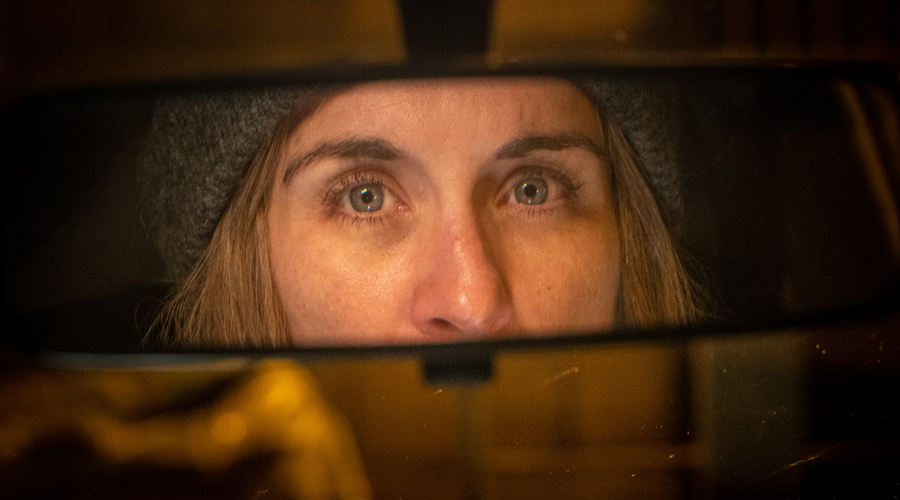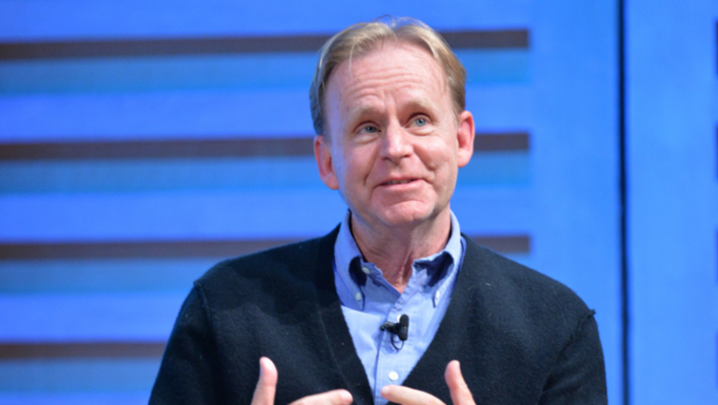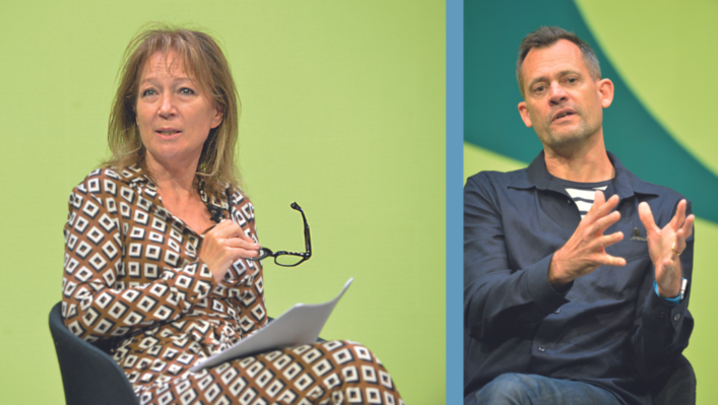Claire Enders assesses how audiences and advertisers are likely to respond to the new streaming service ITVX.
How refreshing it is to hear ITV being negative about its own online service, ITV Hub. Apparently, it is clunky, looks dated, isn’t a destination, and there is nothing on it. All pretty much true, and expressed only a good chunk of a decade after all those things were clear to the UK consumer. Why this sudden honesty? The imminent launch of Hub’s replacement, of course: ITVX will debut on 8 December.
ITV’s traditional reluctance to embrace the digital space – the proportion of its viewing undertaken online is about 4%, compared with 16% to 17%, reportedly, for the BBC and Channel 4 – is by design.
On a view-by-view basis, broadcast can still be better monetised than online, with any premiums that result from better targeting being outweighed by viewers having a much lower tolerance for ads, meaning reduced ad loads across programming.
TV consumption has continued on its inevitable path from broadcast to internet delivery, leading to an intensifying scramble by media companies as linear-TV viewing minutes are reallocated online to different video suppliers or to other activities.
Even so, ITV has been content to present a substandard product to the market to ensure less cannibalisation of its linear schedule. We estimate that, on average, only about a fifth of viewing lost from linear broadcasters as a whole has been retained by their online services. ITV will have done worse.
More on cannibalisation later, but make no mistake, ITVX is a step change for the company. There will be an extra £160m per year to spend on programming plus 9,000 hours of catch-up content – way more than the 1,500 hours available until recently on ITV Hub.
And the new scripted windowing strategy prioritises ITVX: weekly premieres on the service will be exclusive to ITVX for six to nine months before going to linear. This will include some of the broadcaster’s biggest dramas, such as Litvinenko, with David Tennant, and A Spy Among Friends, starring Damian Lewis and Guy Pearce.
We will have to wait to see how long this aggressive windowing lasts: it is not clear how such a drastic change to the broadcaster’s release model in favour of online viewing will affect the linear-TV and, therefore, overall performance of its programmes.
We can’t imagine that ITV is any more the wiser. While you might have assumed that the broadcaster would have been experimenting with how it releases programming, nothing of note has been held back from broadcast for a long period.
The closest examples – such as dropping the second series of The Bay on the Hub, together with later series of Marcella and Finding Alice – all coincided with the linear-TV release. These are too isolated to inform viewing trends when entire genres are held back from linear and non-ITVX catch-up platforms (currently 96% of ITV viewing) for the best part of a year.
In recent times – until now – ITV’s major scheduling strategy has involved a great reliance on stripping programmes, with episodes being broadcast across consecutive nights. This provides the full benefit of linear reach and means that a complete boxset is available very soon after premiere.
Such pragmatism protected ITV’s still very profitable linear ad business: a consistent rationale that illustrates why the new content strategy for ITVX seems abrupt.
This is where cannibalisation comes into play. There is no doubt that the new windowing strategy will drive viewing to ITVX. We can be confident that ITV’s programming will, as usual, be very good.

In the past, we have quantified this by noting that ITV has had the best scripted series completion rates across the broadcasters. Major events, such as the forthcoming World Cup, will ensure that many people download the new app. It will not be possible to upgrade the existing ITV Hub app to ITVX.
The growth in the service is likely to come from ITV’s existing linear-TV audience, meaning that the same monetisation issues, relative to linear, become pertinent. Indeed, after flip-flopping on whether ITVX’s ad-loads would be above or below the Hub’s – and after Netflix announced its ad-tier would support only four to five minutes of ads per hour – ITV confirmed the load would be lower. Currently, the load range is between zero and seven minutes per hour on the Hub and between seven and 12 minutes per hour on linear.
Outwardly, cannibalisation isn’t in ITV’s narrative. It imagines ITVX and linear-TV generally will provide two discrete viewing groups. The theory is that such long delays between the releases of programming will allow two chances for shows to catch an audience.
Instead of cannibalisation, the company has told the market that ITVX’s growth will come from a particular sub-set of viewers. ITV has dubbed this group “mainstreamers” – people who watch a small amount of ITV programming, with most of the rest of their TV appetite satiated by on-demand services.
Even ignoring the hypercompetitive nature of online, the difficulty of ITV successfully attracting these viewers is obvious when you understand what they watch. The television ratings body Barb reveals that the ITV programmes that over-perform for light-ITV and SVoD viewers are, unsurprisingly, all event television. Think of the Euros, I’m a Celebrity…Get Me Out of Here!, Love Island, the Brit Awards, international football and the Six Nations.
These are not things that ITV can just produce more of to drive up engagement. Worse still, much of what these viewers watch on SVoD does not present feasible commissioning options, because the shows are either too expensive or too edgy for a broad-based public service broadcaster. On the plus side, though, there will be more freedom for online-first commissions.
But probably even more telling is that none of the content that the light ITV viewers watch on ITV is leaving linear to become exclusive to ITVX or being given some sort of windowing prominence.
Furthermore, we would expect that, Love Island excepted, most viewing of these programmes by the ITVX-targeted demographics remains via linear, rather than online. As such, it is unlikely that many “mainstreamers” will ever to need to go on ITVX to continue accessing the ITV shows they clearly like.
If we look at the other end of the scale, those programmes that appeal less to light ITV viewers/SVoD users than they do to the average viewer are almost all scripted. SVoD users are least likely to watch ITV staples such as Midsomer Murders, Grantchester and Emmerdale. The bottom three of the top 100 programmes for the lightest 25% of ITV viewers are Coronation Street, The Chase and The Larkins.
It certainly appears to be the intention that ITVX exclusive programming will veer away from this sort of content. However, this type of drama, and formats such as The Chase, are the areas in which ITV is arguably world-leading, with a decades-long foundation on which to build. With ITVX, the broadcaster may be attempting to commission content for which it does not have such a legacy.
How much has timing played into what ITV is saying ITVX is supposed to be and do? We should recall that the service was announced in the spring, just as the market dramatically reassessed the potential of subscription streaming services and share prices plummeted.
On top of its free service, ITVX will have an ad-free subscription tier, which will hold the remains of BritBox, and other licensed content, but ITV doesn’t want to talk about that.
We don’t know what narrative would have been presented around ITVX had the SVoD market remained buoyant, but free, ad-supported video has become buzzy in the wake of the streaming maelstrom.
In the short-term, having a product that can be positioned in a buzzy segment is helpful with investors, but, beyond that, it is hardly going to affect actual consumer behaviour. We will wait and see how eager viewers are to embrace ITVX.
Claire Enders is the founder of Enders Analysis.







